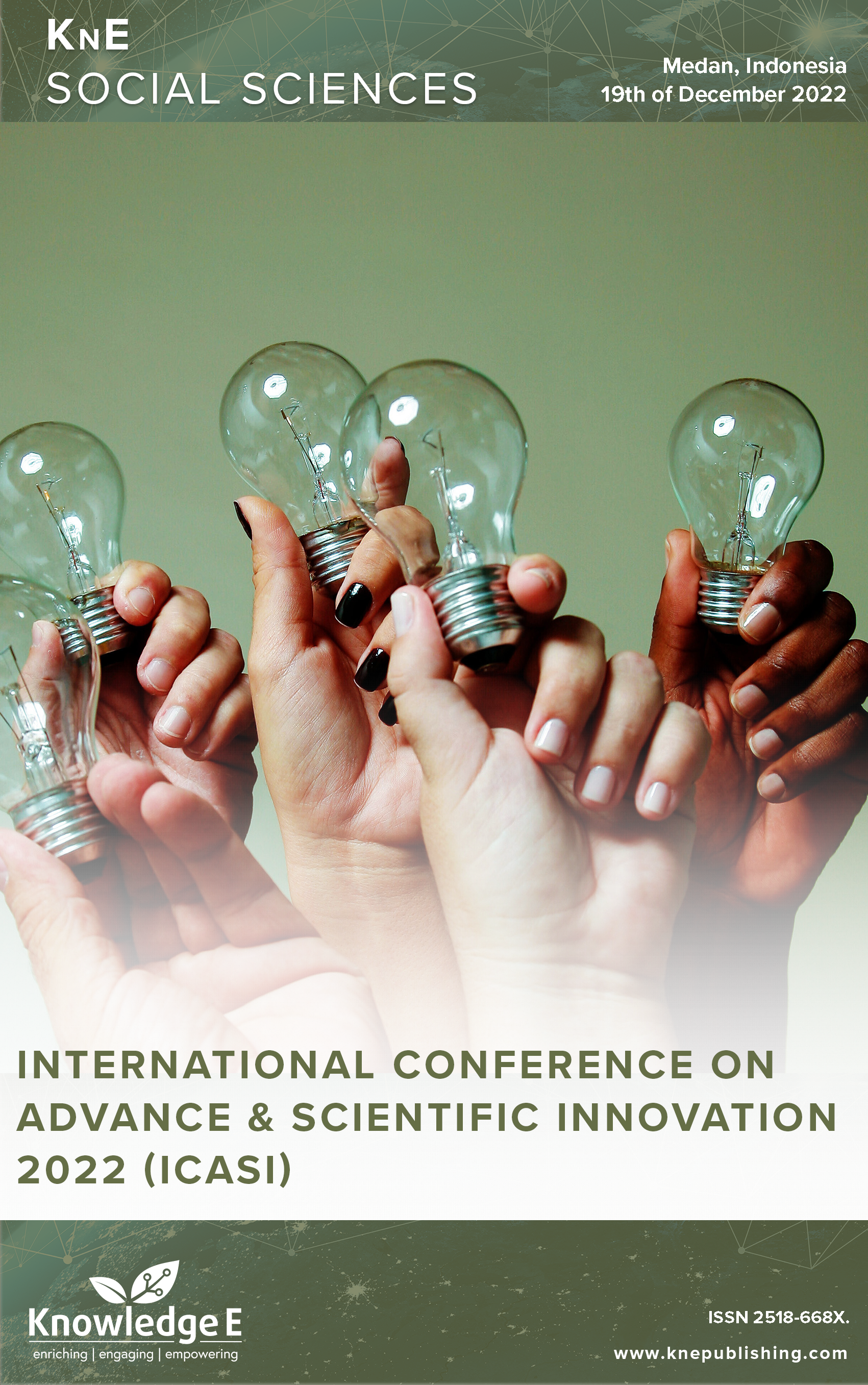The Adoption of Supportive Decision-Making System As a Substitute to Amnesty for People With Mental Disabilities in the Indonesian Legal System
DOI:
https://doi.org/10.18502/kss.v8i9.13384Abstract
This paper analyzed the weaknesses of the support system for people with mental disabilities in Article 433 of the Indonesian Civil Code. For persons with mental disabilities who are competent, all legal actions (mainly in the civil aspect) are performed by their guardians. This is contrary to the decision of the Constitutional Court of the Republic of Indonesia Number 135/PUU-XIII/2015 which allowed people with mental disabilities to be able to exercise their right to vote in general elections (Pemilu). Theoretically, everyone is guaranteed their constitutional right to get recognition, protection, fair legal certainty, and equal treatment before the law, and is free from discriminatory treatment, including for people with mental disabilities. This constitutional right cannot be fully implemented because of the amnesty system as referred to in Article 433 of the Indonesian Civil Code. This normative research examined the provisions of Article 433 of the Civil Code which is conceptually related to the Constitution’s guarantees for people with mental disabilities. The data was collected through secondary data from primary, secondary, and tertiary legal materials. The results found that with advances in treatment technology and support from the environment, people with mental disabilities could carry out their activities independently, especially those with episodic disorders. Therefore, there is an opportunity to adopt a system of substitute for forgiveness with a technique commonly known as supported decision-making in the Indonesian legal system. However, the implementation of supported decision-making must be based on adequate indicators and considerations.
Keywords: Persons with Mental Disabilities, Amnesty, Supportive Decision Making
References
[2] Ramadhan DA. The limitation of voting rights for people with permanent mental disabilities in Indonesia: a debate between reasonable and unreasonable rights. Volume 7. Cogent Soc. Sci; 2021.
[3] Szmukler G. The UN Convention on the Rights of Persons with Disabilities: ‘Rights, will and preferences’ in relation to mental health disabilities. Int. J. Law Psychiatry. https://doi.org/10.1016/j.ijlp.2017.06.003.
[4] and M. P. S. Meares. S. McSwigan, “Decision-making Capacity Evaluation in Adult Guardianship: a Systemic Review. Volume 28. Int. Psychogeriatr. Assoc; 2015.
[5] Craigie J. Legal Capacity, Mental Capacity and Supported Decision Making: Report from a Panel Event. https://doi.org/10.1016/j.ijlp.2018.09.006.
[6] T. E. Harding R. Supported Decision Making From Theory to Practice: Implementing the Right to Enjoy Legal Cakacity. Societas. 2018.
[7] R. H. and E. Tascioglu. Everyday Decesion Project Report: Supporting Legal Capacity through Care, Support and Empowerment. United Kingdom: Brimingham Law School; 2017.
[8] Jeste DV. Supported Decision Making in Serious Mental Illness. Volume 8. Psychiatry; 2018.
[9] Dute J. Should Subtituted Decesion Making be Abolished? Volume 22. Eur. J. Heal. Law; 2015.
[10] Del Villar K. Should Supported Decesion-Making Replace Substituted Decesion Making? The Convention on the Rights of Persons with Disabilities and Coercive Treatment under Queensland’s Mental Health Act 2000. Volume 4. Laws; 2015.
[11] MS, Vollman JGJ. Equality in the Informed Consent Process: Competence to Consent, Subtitute Decesion Making, and Discrimination of Persons with Mental Disorders. J. Med. Philos. 2021;46.
[12] AC, McSherry B. Making Defensible Decesions in the Era of Recovery and Rights. Aust. Psychiatry. 2015.

